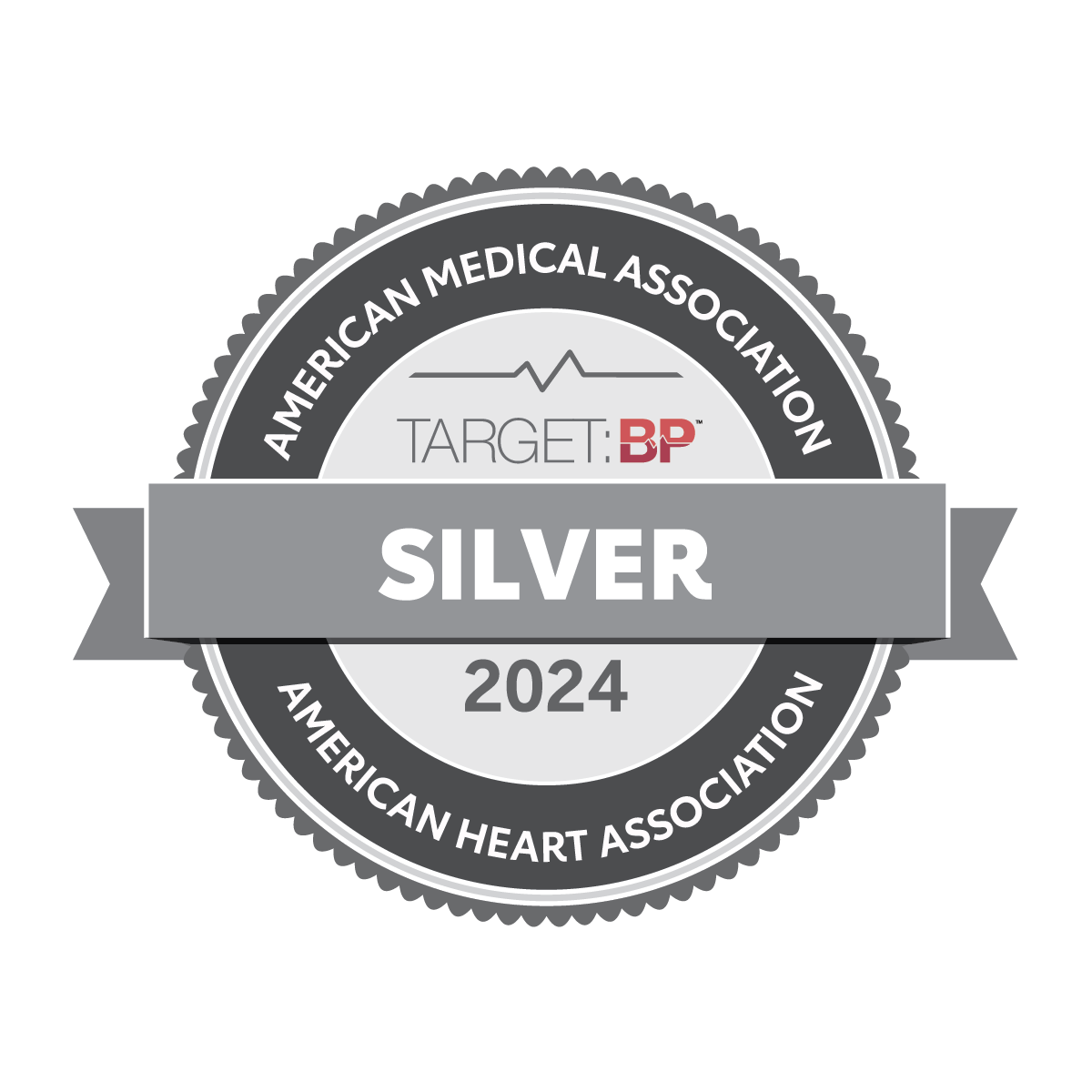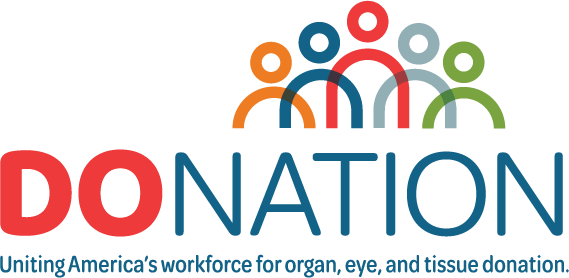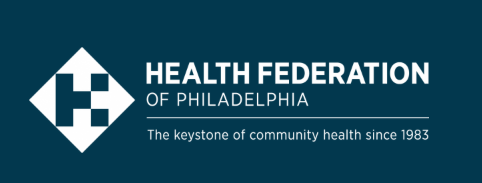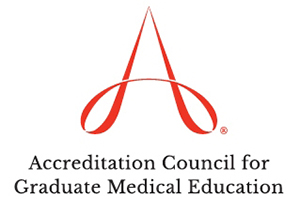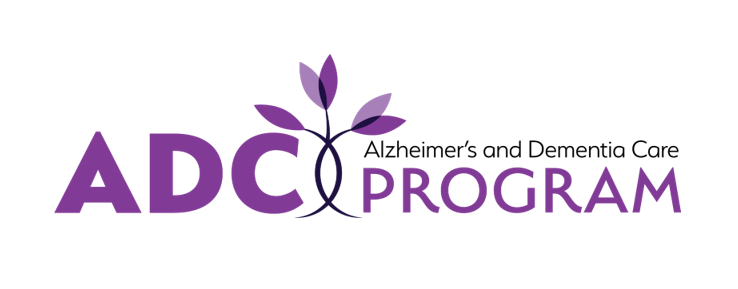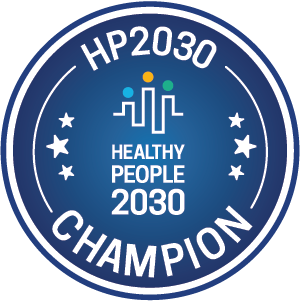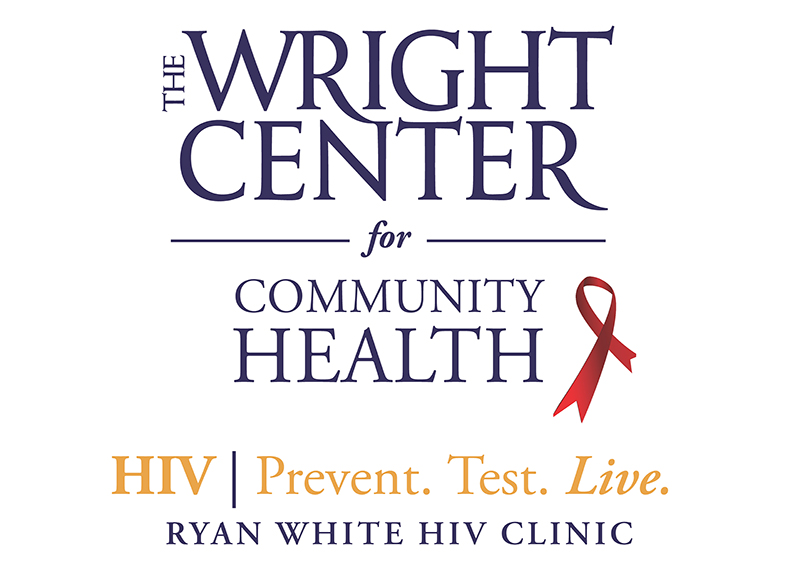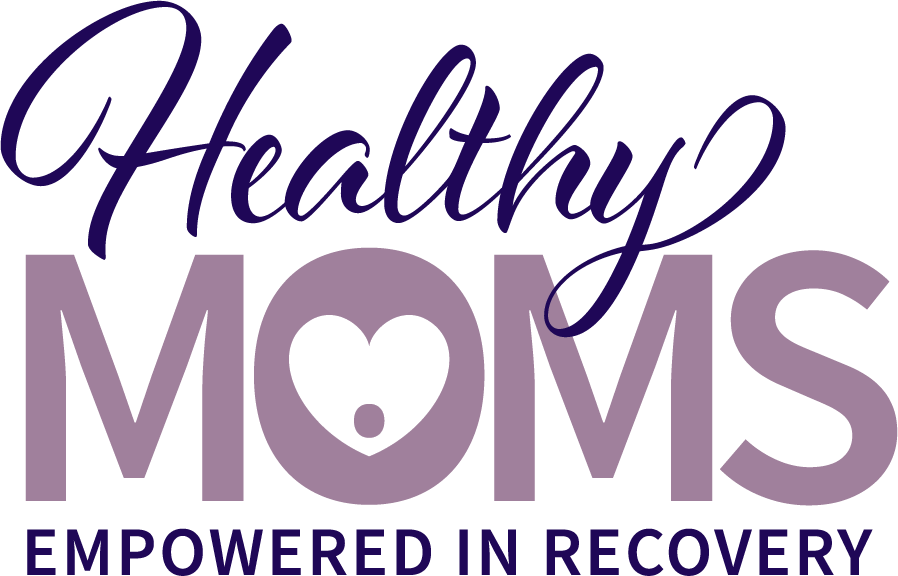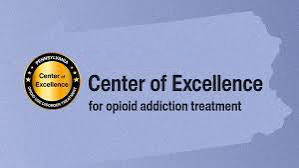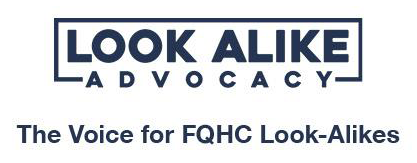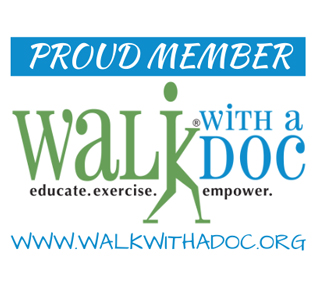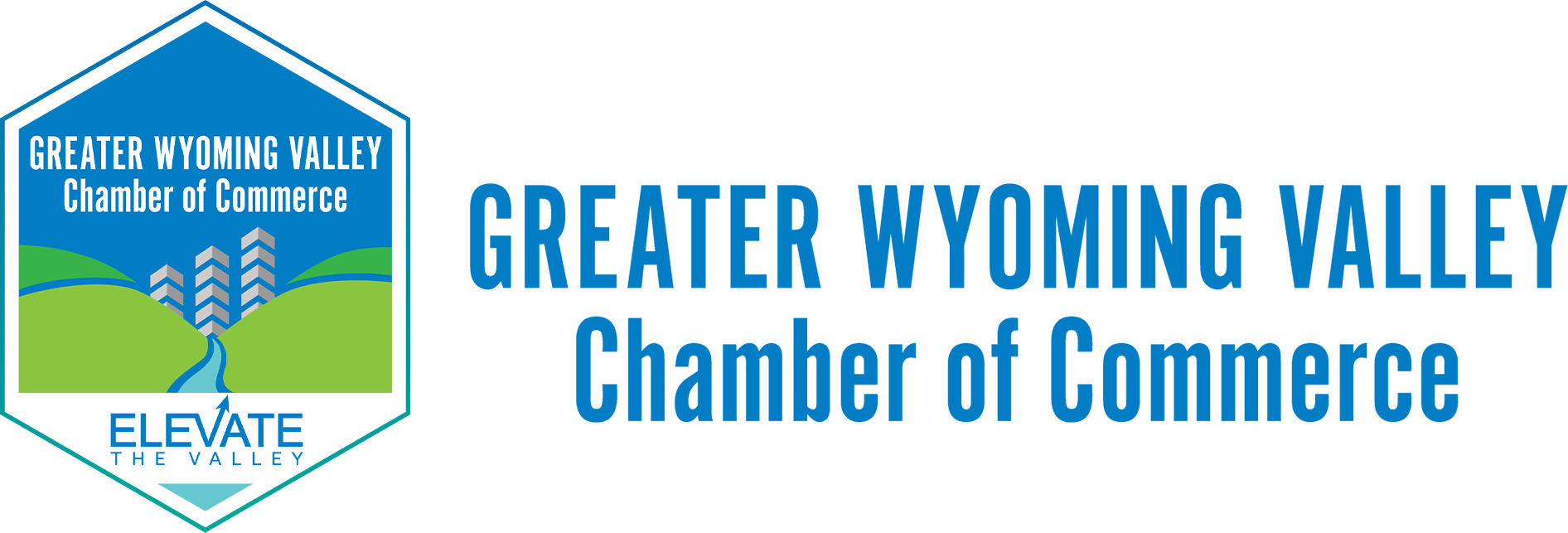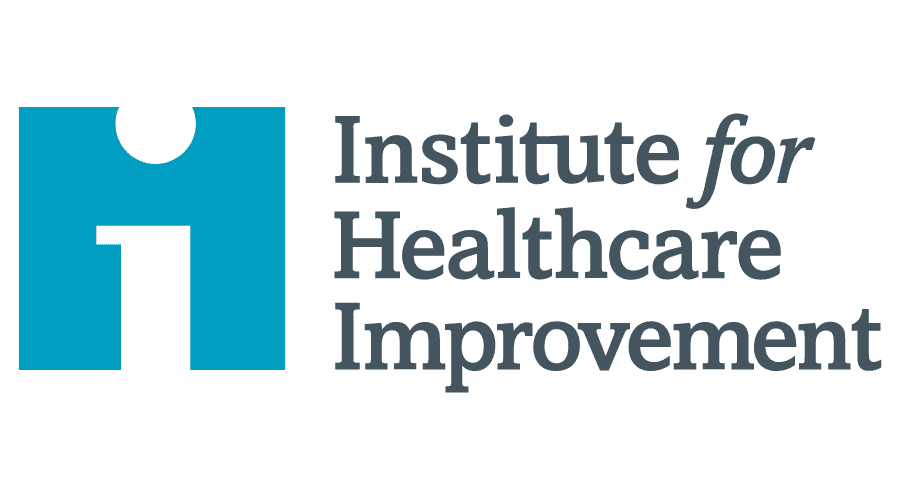What is a Community Health Center?
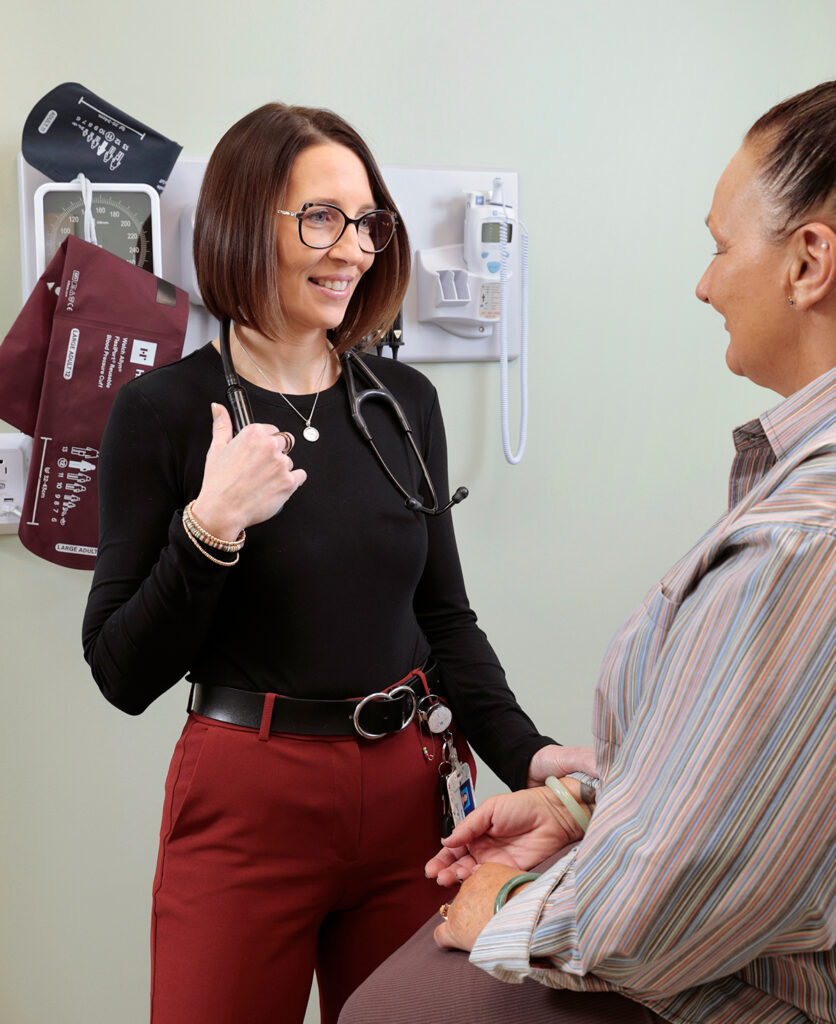
At Community Health Centers, care starts with listening. We take time to get to know our patients – their lives, their needs, and their goals – and we build our care around that.
This approach is about something bigger. As the largest primary care network in the country, Community Health Centers are united by a shared commitment to care that’s grounded in relationships. That’s why the care people receive here feels familiar and personal. It’s care that’s shaped by trust, built on connection, and delivered by a national movement rooted in every community we serve.
The Wright Center for Community Health falls under the national Federally Qualified Health Center umbrella as a Federally Qualified Health Center Look-Alike (FQLA).
Please click here to learn more about how to run a great FQHC in Pennsylvania.
How do Community Health Centers operate?
The Wright Center for Community Health operates on a fundamentally patient-centric model. We drive a high level of care coordination and focus on care transitions for the communities we serve.
We overcome barriers to care by delivering coordinated and comprehensive primary and preventive services, including integrated medical, dental, and behavioral health care, as well as community-based addiction treatment and recovery services. Our approach improves access by emphasizing care management of patients with multiple health care needs and the use of key quality improvement practices, including health information technology.

Who do Community Health Centers serve?
The Wright Center for Community Health is a community-owned and patient-governed organization that offers essential primary and preventive care services to everyone, especially populations and communities with limited access to health care. Our services range from basic doctor’s visits, immunizations, and health screenings to dental, behavioral health, and addiction treatment and recovery services.
Community Health Centers are the nation’s largest primary care network, serving “up to 52 million people each year; meeting patients where they are, in the communities they live in, and treating them as whole people, not just symptoms,” according to the National Association of Community Health Centers (NACHC). According to NACHC, 1 in 10 people are Community Health Center patients and at least 1 in 5 rural Americans get care at one of the more than 1,500 Community Health Centers.

